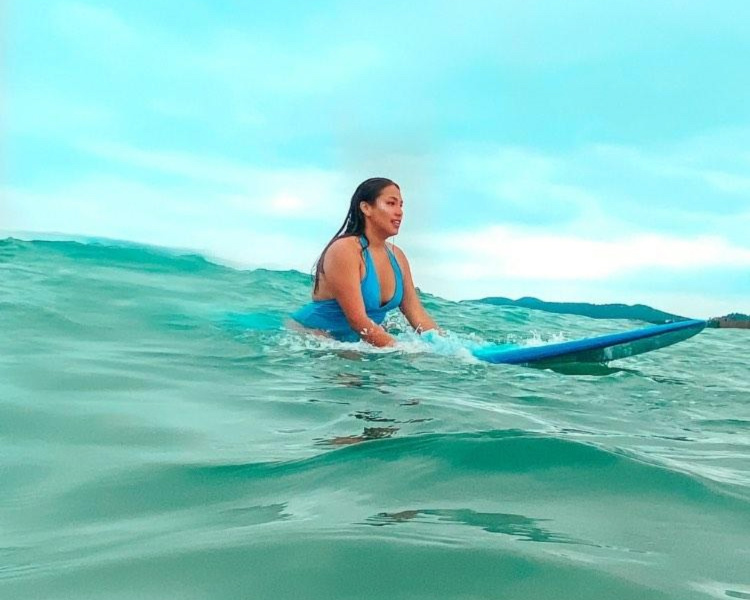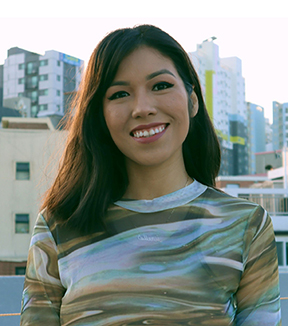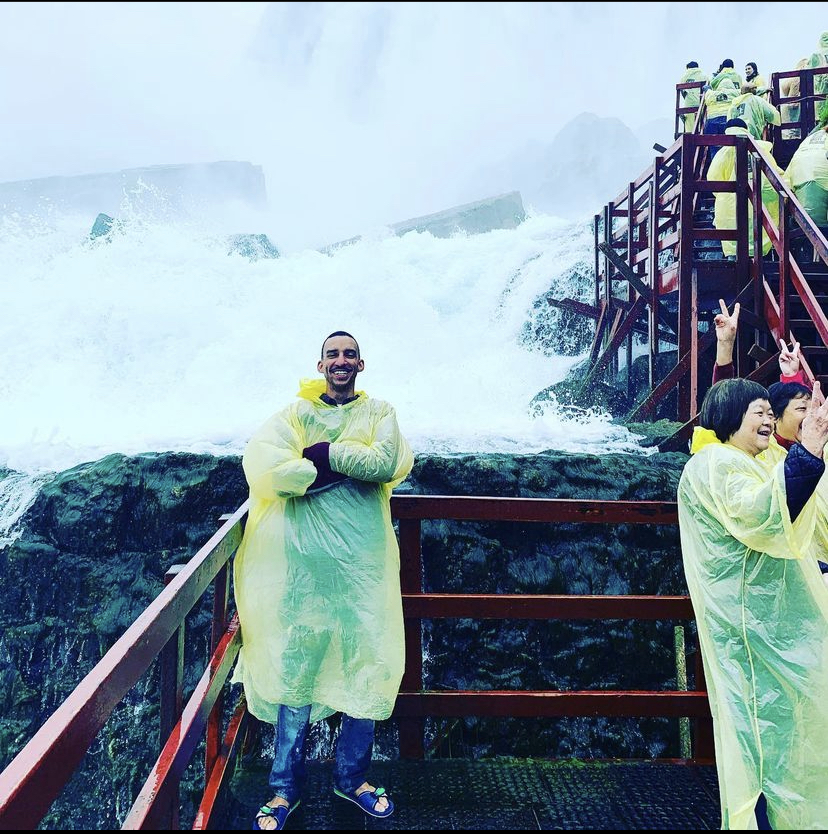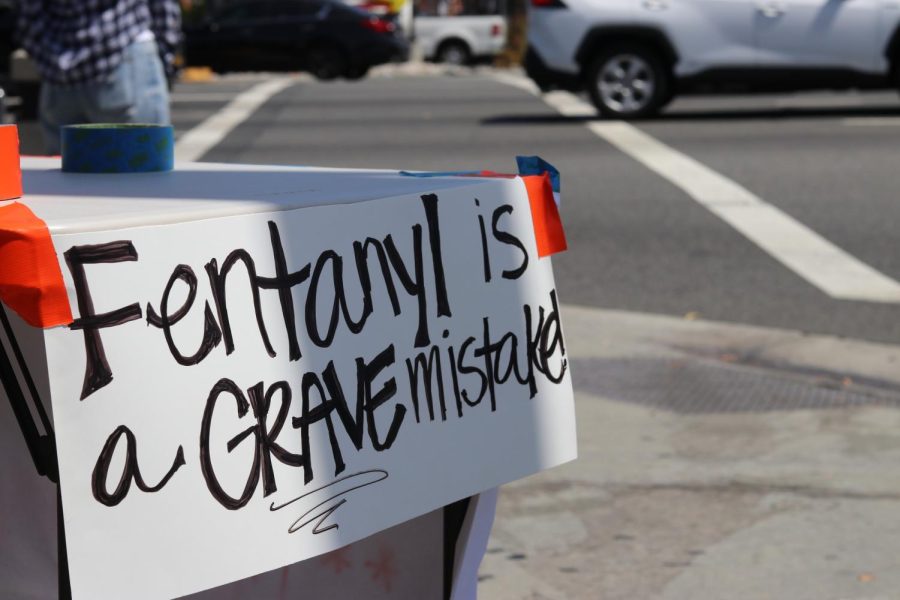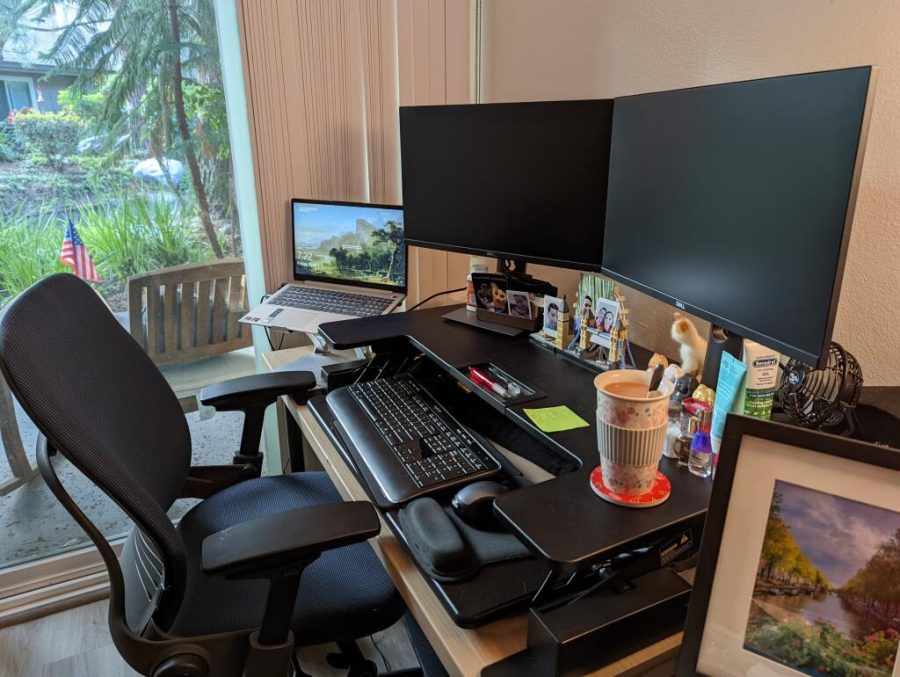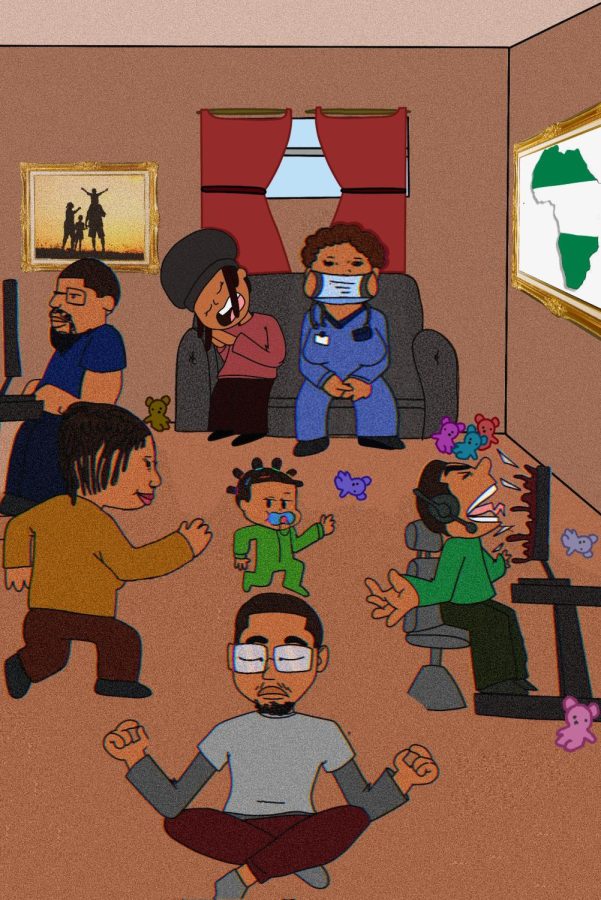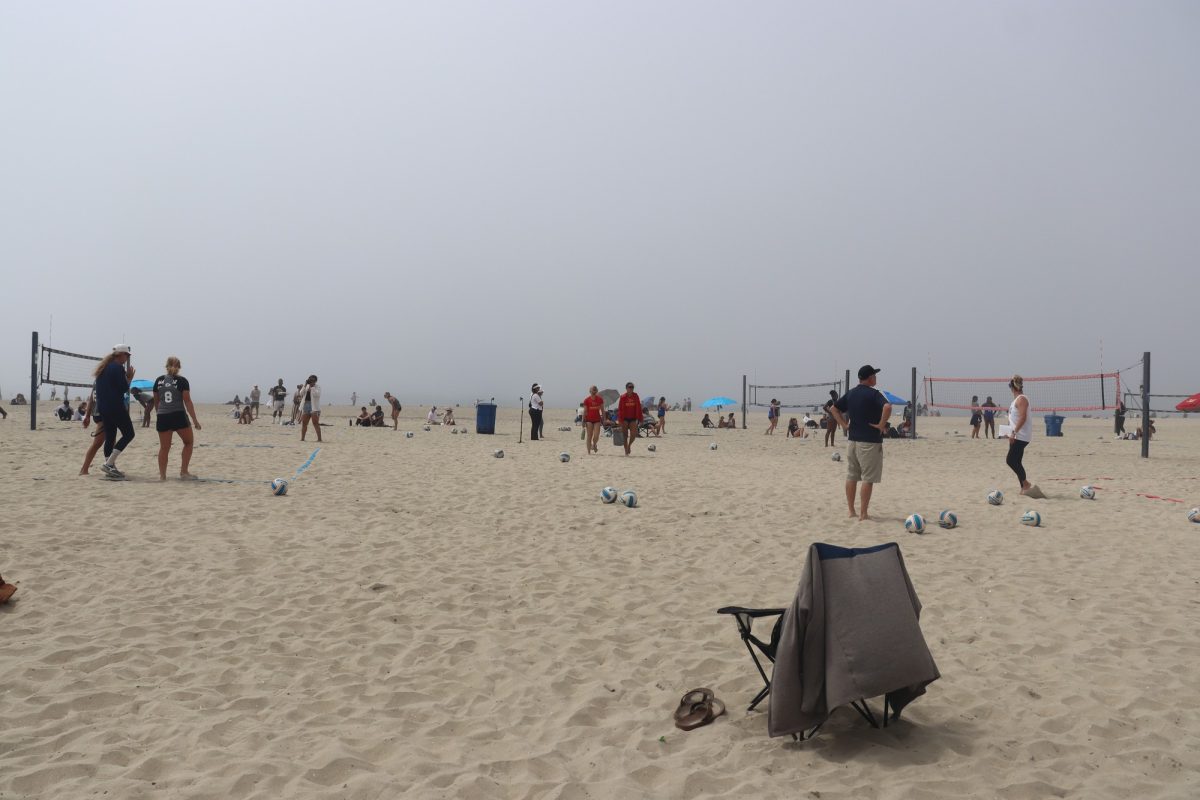“I always knew swim coaching is what I wanted to do, but I thought it was always going to be a side thing. I never thought it would bring me halfway across the world.”
Kara Jue has always lived near water and has been swimming since she was a little girl, at the age of four. Born in California, her family moved to Texas when she was just one year old.
After graduating college, Jue was living a quiet, normal life in Corpus Christi, TX, working as a swimming coach and also working for a non-profit.
She received an opportunity to do something outside the box, after her mother’s friend suggested a coaching job in South Korea. In Aug. 2019, Jue packed her bags and moved to Jeju, South korea.
The island of Jeju is completely different from the bustling capital of Seoul. It offers beach resorts, breathtaking landscapes of dormant volcanoes such as Hallasan Mountain, and cave-like lava tubes formed long ago.
Familiar with living in an easy-going beach town back in Texas, Jue quickly acclimated to her new home where she works as a teacher at an international school and is also a part-time swimming coach.
“When I lived in [Texas], I moved around a lot. Every year I would move to a different school. So, I had to learn how to adapt — wherever I was — very quickly. When I came to Jeju it was just like moving again,” said Jue.
Jue is also currently working on her teaching license for swimming, with plans to become a full-time swimming instructor. Despite living on a paradise island, Jue has also been affected by the pandemic.
“Working at a school, I can’t really travel anymore. Last year I was going to Japan, Thailand and the Philippines. Now I’m just locked in this island. Living on an island is great, until you’re stuck here,” she said.
Being half Chinese and Mexican, Jue decided to share a little piece of her Mexican heritage in the island of Jeju, by making and selling her own tamales. She started her own small business last year, called Tejana Tamales, a name which references her Texan roots.
Jue is also finishing her coaching license in six months and hopes to pursue a full-time coaching job in Jeju.
“I really plan on staying here and establishing the beginning of my career here,” said Jue, “That’s my plan so far, but honestly I’m a go-with-the-flow type of person. So, if a better opportunity or something arises, I’ll go with it.”
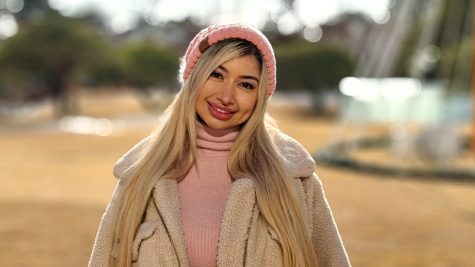
Andrea Perez is also a driven Latina from the US, building her career in South Korea. Perez was born in Los Angeles, CA and moved to South Korea in October 2017 after accepting a job offer at Samsung Electronics.
Perez works in the mobile training and development department at the Korean conglomerate. “I create mobile training and marketing content and I produce training videos for employees in retail stores,” she said.
Moving to a foreign country with a completely different language and culture can be a challenge in itself. Andrea says that not speaking the Korean language has been a huge challenge for her and often prevents her from living a normal life.
“It’s difficult ordering food, making new friends, all the way down to the simple things such as checking food ingredients and directions. Many say it is my fault for not learning the language and I completely agree but I am trying — it just takes time,” said Perez.
Not speaking the language has created a barrier for her, which is already hard to overcome when you are not Korean. South Korea is a very homogenous country, and there is not much diversity, other than the foreigners who live there as expats or temporary workers.
“Although more foreigners are beginning to explore Korea, it is usually temporary,” she said. “The ones that do decide to start a life out here can still feel like an outsider. From personal experience, as much as I try to fit in, I feel like I will never be fully accepted.”
Being away from her family, friends and dogs back in LA for the last four years has also been difficult for Andrea. “It can get pretty lonely without seeing your loved ones,” she shared.
The pandemic brought upon a set of new challenges for her as well. South Korea has a 14-day quarantine period, which all foreigners are required to complete and pay for – otherwise they can face a fine and/or deportation. This has prevented Andrea from visiting her family as much as she would like to.
“On a positive note, it has made me appreciate life and my family’s well-being more and has made me more cautious about my health and sanitation,” said Perez.
Despite the challenges Andrea has faced living in South Korea, she says it helped shape her into what she is today.
“It has made me a more independent, strong, patient and an understanding woman. The culture, work ethic and the experiences I’ve had here have really opened and expanded my mind. I am so grateful I had the chance to experience life here.”


